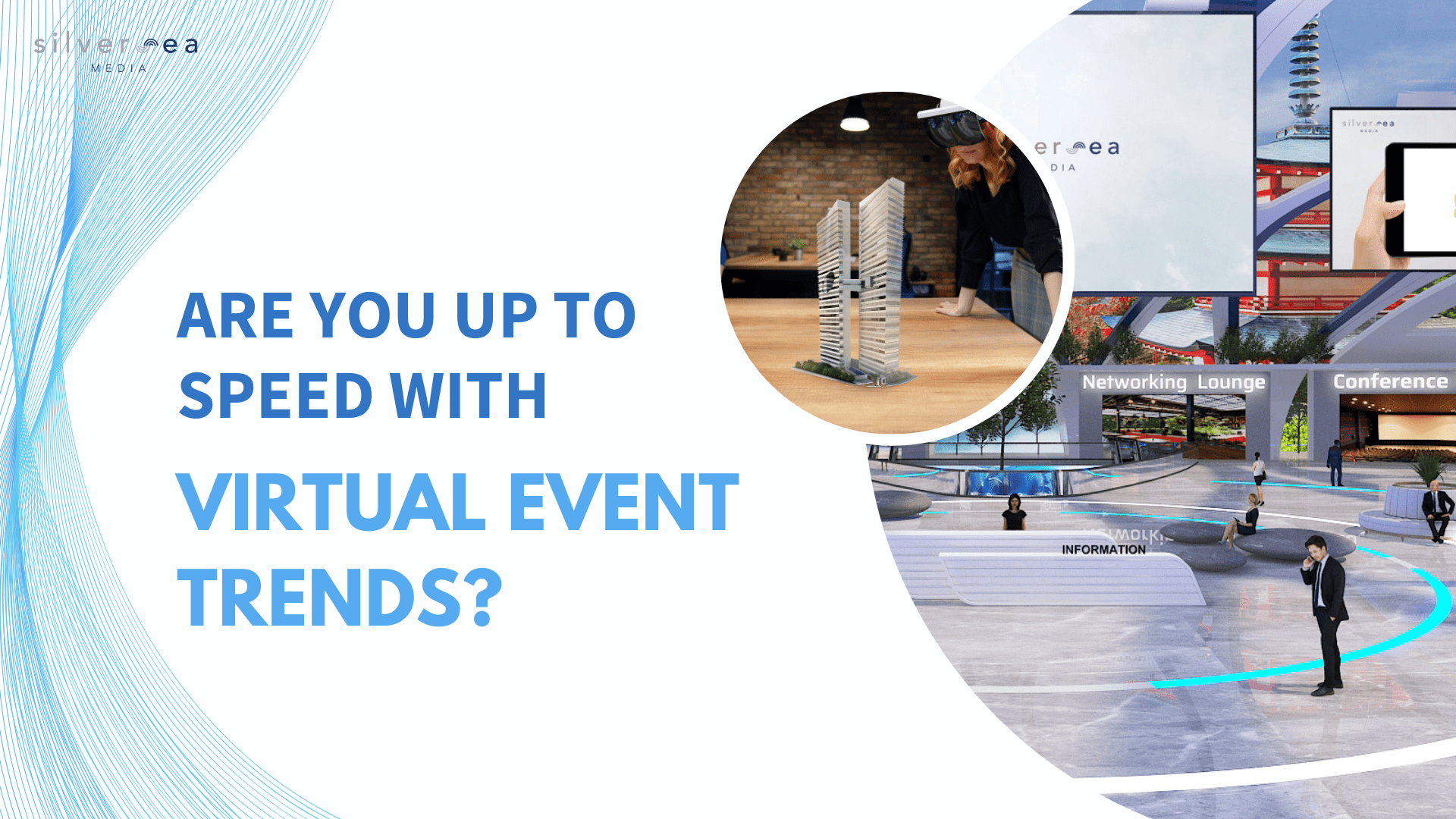The event landscape has transformed significantly. Although in-person gatherings are vital for building connections, virtual events have firmly established their place in the experience economy. Static webinars are a thing of the past. Modern virtual events are immersive, interactive, and data-driven, providing unmatched flexibility and reach for both organizers and attendees.
As technology advances, so do the trends that shape this dynamic arena. Let’s explore the exciting trends that will define the future of virtual events this year and beyond.
1. The Rise of the Hybrid Experience
According to Markletic, the future of events lies in a powerful blend of virtual and physical worlds, with 86% of B2B organizations achieving a positive ROI for their hybrid events within seven months.
Hybrid events integrate live, in-person components with strong virtual participation, addressing the needs of geographically dispersed and accessibility-challenged audiences. This model provides the best of both worlds: the dynamic engagement of face-to-face interaction and the scalability and convenience of virtual attendance.
Imagine a compelling keynote speech delivered live at a central venue and streamed simultaneously to a global online audience. Both on-site and virtual attendees can engage in real-time Q&A sessions, creating a sense of community that transcends geographical boundaries. Hybrid events open up exciting opportunities for conferences, trade shows, and product launches.
2. Prioritizing Attendee Engagement: It’s All About You
In today’s crowded digital landscape, capturing and retaining attendee attention is important. Virtual event platforms are brimming with features designed to transform passive viewers into active participants. Interactive elements like polls, quizzes, and live chats keep attendees engaged and invested throughout the event.
Gamification adds fun and healthy competition, encouraging attendees to join sessions and networking activities and explore booths in virtual expos. Features like AR (Augmented Reality) wayfinding and navigation enhance the experience by guiding attendees through virtual spaces, while AR photo booths provide entertaining and interactive moments. Together, these elements create a more engaging and enjoyable event atmosphere.
3. Building Communities: Fostering Connections in the Digital Age
Virtual events have evolved beyond mere information dissemination, becoming powerful platforms for building lasting communities. Within virtual event platforms, dedicated networking lounges enable attendees to connect with peers, industry experts, and potential collaborators through video chats, group discussions, and virtual meet-and-greets.
Event organizers can use social media to keep conversations going after the event, fostering ongoing engagement and knowledge sharing. Building a strong virtual community around your event enhances the attendee experience and extends the event’s reach and impact.
4. The Next Frontier: Embracing Cutting-Edge Technologies
The world of virtual events is constantly pushing the boundaries of technological innovation. Virtual Reality (VR) and Augmented Reality (AR) are set to play transformative roles in this evolution. Brands are beginning to use VR for product launches, allowing visitors to explore 3D replicas of products. This approach proves particularly advantageous for companies unable to showcase their products or services at the expo physically.
5. The Human Touch: It’s Still About People
While technology is vital for creating successful virtual experiences, the core of every event remains the human connection. Curating high-quality content with engaging speakers and fostering interactive sessions are essential for keeping attendees captivated. Employing professional moderators to effectively manage the flow of the event, both online and offline, ensures a seamless and engaging atmosphere for all participants.
As we ride the wave of technological advancement, the event landscape undergoes a dynamic evolution, opening new possibilities for virtual and hybrid arrangements. With AI guiding interactions, VR transporting you to unimaginable realms, and AR seamlessly blending the digital with the physical, the stage is set for events that blur the lines between reality and imagination.
Gone are the days of mere attendance; in this brave new world, events become immersive adventures, inviting you to explore, learn, and connect in ways previously unimaginable.





